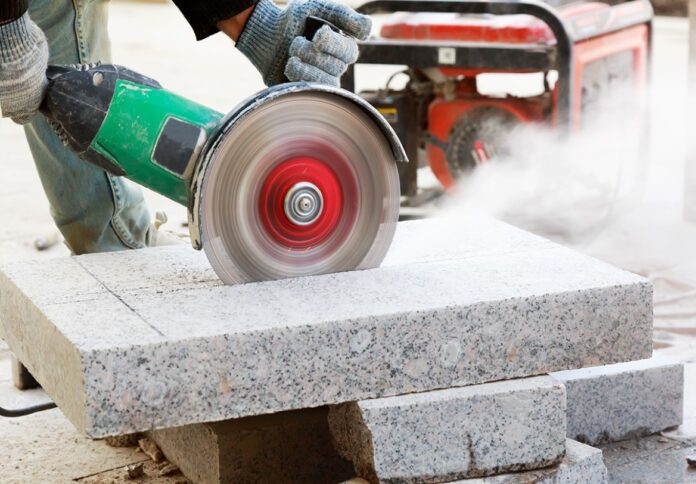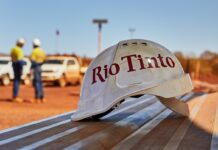
Australia has implemented a landmark ban on engineered stone to safeguard workers from silicosis, a lung disease caused by respirable crystalline silica.
Effective 1 July, the prohibition covers the manufacture, supply, processing, and installation of engineered stone benchtops, panels, and slabs nationwide.
Marie Boland, Safe Work Australia CEO, stated the ban “represents the realisation of Safe Work Australia’s recommendation and the unanimous decision by WHS ministers from the Commonwealth, states and territories in December 2023 to ban the use of engineered stone to protect the health and safety of workers.”
According to the government, while the ban is comprehensive, it allows controlled processing of previously installed engineered stone for removal, repair, minor modifications, or disposal purposes.
This exemption ensures that essential maintenance and safe disposal practices can continue without compromising worker safety.
“It’s an historic moment for work health and safety in Australia which will save lives,” Boland emphasised.
In particular, the ban addresses the severe health risks associated with engineered stone, protecting workers, their families, and the broader community from the harmful effects of respirable crystalline silica generated by power tool processing.
Each state and territory has incorporated the ban into their work health and safety (WHS) laws, based on amendments to the model WHS Regulations by Safe Work Australia.
“The ban will protect workers from exposure to respirable crystalline silica that can penetrate deep into the lungs and cause irreversible lung damage,” Boland added.
A detailed summary of the ban’s implementation in each jurisdiction is available on Safe Work Australia’s engineered stone ban website.
“We recognise the collaborative efforts of WHS ministers, our Safe Work Australia Members, including social partners representing Australian employers and workers, who have worked together to ban engineered stone and create safer and healthier workplaces,” Boland stated.
Safe Work Australia has also provided various guidance and resources to help businesses understand their WHS obligations under the new ban.
“Safe Work Australia is committed to creating safe and healthy workplaces for all Australians,” Boland reiterated.
“Through our development of national policy and model WHS legislation, we work to reduce the incidence of work-related death, injury, and illness, and exposure to hazards and risks, such as respirable crystalline silica, in Australian workplaces.”



















